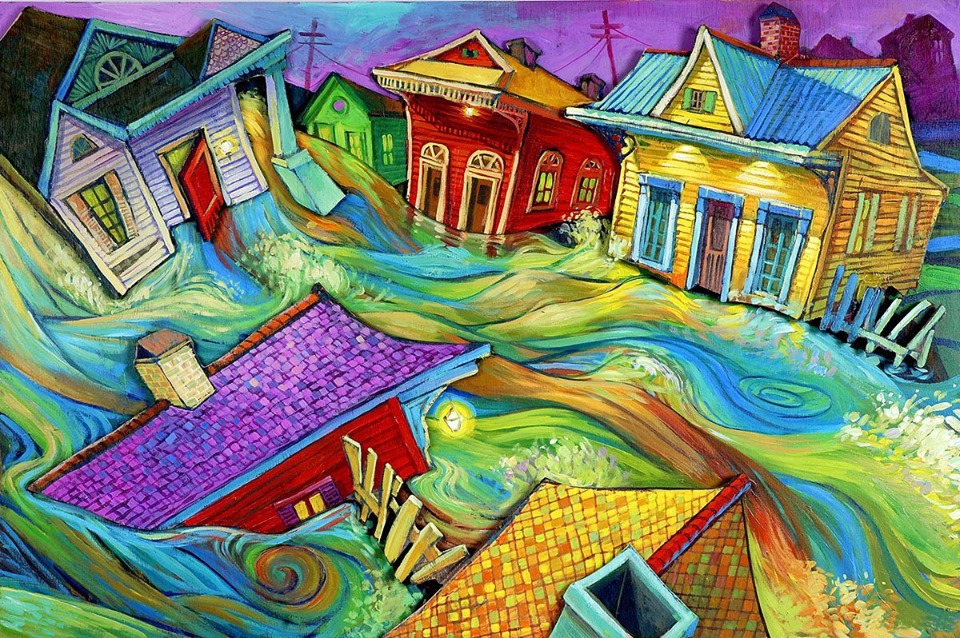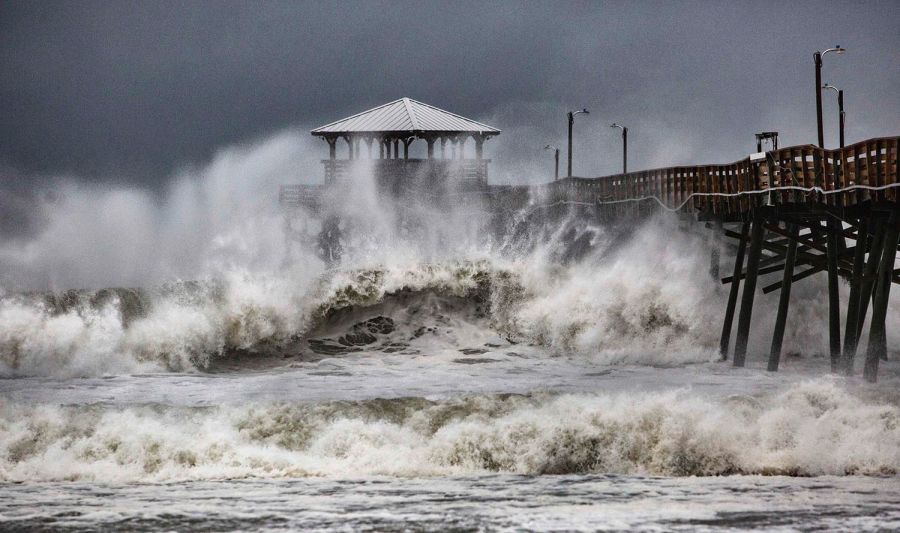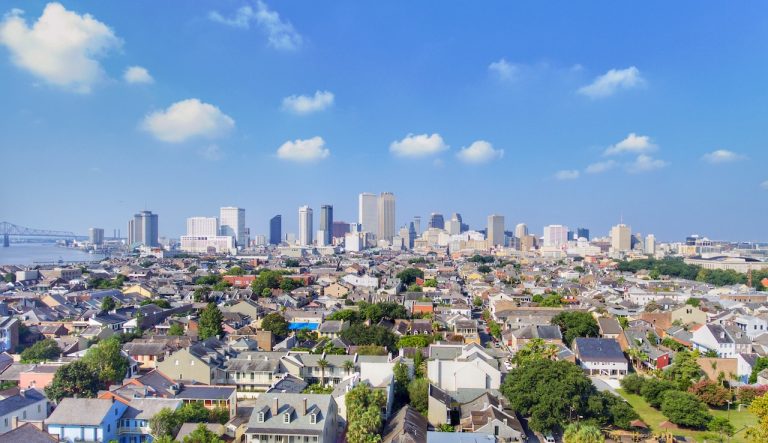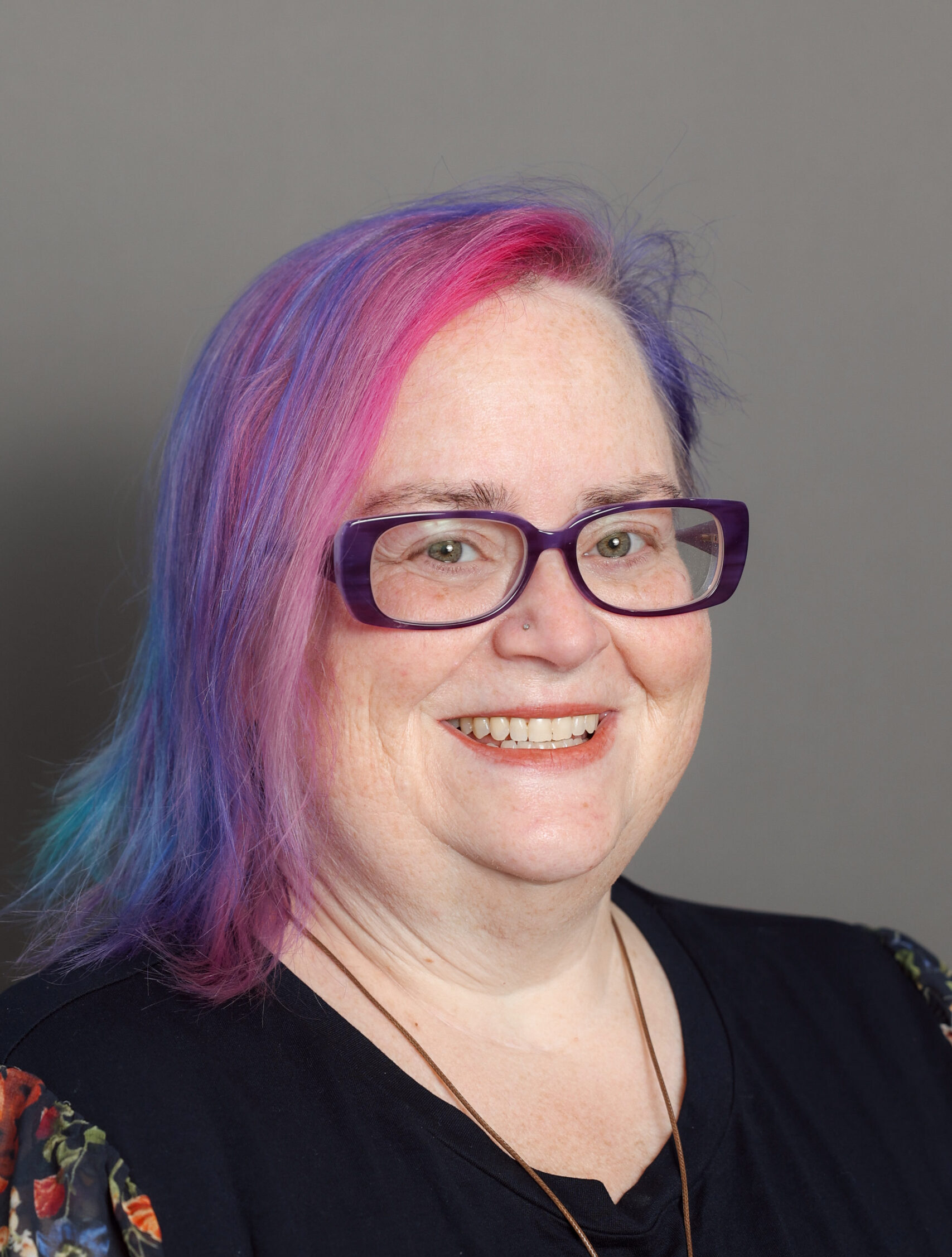Personal Reflections on Resilience: New Orleans Style
At our staff retreat this week, we got into a discussion about the word “resiliency.” It has become one of those buzz words that is frequently used, yet it is hard to put into words what exactly it means. The Stress and Resilience Institute defines “Resilience as the ability to bounce back and grow and thrive […]

At our staff retreat this week, we got into a discussion about the word “resiliency.” It has become one of those buzz words that is frequently used, yet it is hard to put into words what exactly it means. The Stress and Resilience Institute defines “Resilience as the ability to bounce back and grow and thrive during stress, challenge and change” and that’s probably the closest to the way I think about it in the context of disasters. For me, resiliency is also about the development of personal, familial, organizational and community preparedness which makes it easier to recover in the face of the next trauma.
Jackson Ave #NewOrleans #flooding #NewOrleansFlood pic.twitter.com/g26sejSzEv
— Tanya GulliverGarcia (@TanyaMGulliver) July 10, 2019
And I feel like I know resiliency when I see it. As I reflect on a day that included a three-mile drive that took over two hours because of extensive flooding in New Orleans while planning for a potential hurricane to make landfall in less than 72 hours, I have some examples.
- Finding a Way. I panicked as I was driving home that if I got stuck for too long I wouldn’t have enough provisions. I have a newish car and haven’t set up my vehicle emergency kit. Then I realized that not only was I traveling with my usual supply of granola bars and water but that high ground stores and restaurants were still open while the city flooded around them. And I knew that if it continued much longer the local independent entrepreneurs would find a way to drag their coolers full of snacks and water through the water to sell to motorists.
- Prepare. Prepare. Prepare. I’ve been traveling a lot and have another trip coming up this weekend (hurricane willing). I wondered whether I had enough water and food for 72 hours to take care of my own needs to meet the “72 is up to you” slogan our local emergency management preaches. And yes, I do. I had stocked up pre-Hurricane season out of habit with canned goods that I can eat from a can if worse comes to worse and sure enough I had seven gallons of water (plus soda and Gatorade).
- Trust Support Systems. I wondered what to do with my cat this weekend as my closest neighbor is evacuating and my other usual cat sitter may not be able to access my side of town. A quick chat with a neighbor made me realize that my support system is strong enough that someone will be nearby to help.
- A Sense of Humor. I went by a dinghy full of kids and saw pictures of folks swimming, canoeing and kayaking down New Orleans streets. By early evening the jokes had started including a “Coming to New Orleans – Uber Canoe” ad.
- Positive Attitudes. I took an evening drive. The water had receded and life was continuing as normal. Now folks are in hurricane prep mode. There is a heightened anxiety in the air because the river was already high and now the ground is saturated. But there is also a strong sense of “we’ll get through this.”
- Community Pride. I just checked my Facebook and a friend had posted a picture of himself in his dry backyard, drinking a cocktail with the caption: “This is how we close down a stormy day. #nightcap #nolastyle.”
So, how does this relate to resilience in disaster philanthropy?
My vision of disaster funding is that we support community organizations – those who know the neighborhoods and the people– to not just fix a destroyed home but a damaged spirit. We should look at what skills and assets we can help people develop to make them individually stronger. We can create opportunities for the development of networks, leadership and community social supports which allow more resilient people to support those most in need of help. We should ensure that agencies and local community foundations doing the brunt of this work post-disaster are supported by their funders and also by their colleagues in other jurisdictions.
CDP grants often focus on organizational capacity building in whole or part because we know that strong, local, nonprofit organizations provide the best long-term support for a community after a disaster. And we focus on mental health because a disaster is a trauma and it is hard to be resilient when you are dealing with emotional trauma. I am hoping that the approaching storm won’t put New Orleans to the test, but if it does, I know the resilient spirit of the city will persevere.
More like this

Announcing the 2018 Atlantic Hurricane Season Recovery Fund

